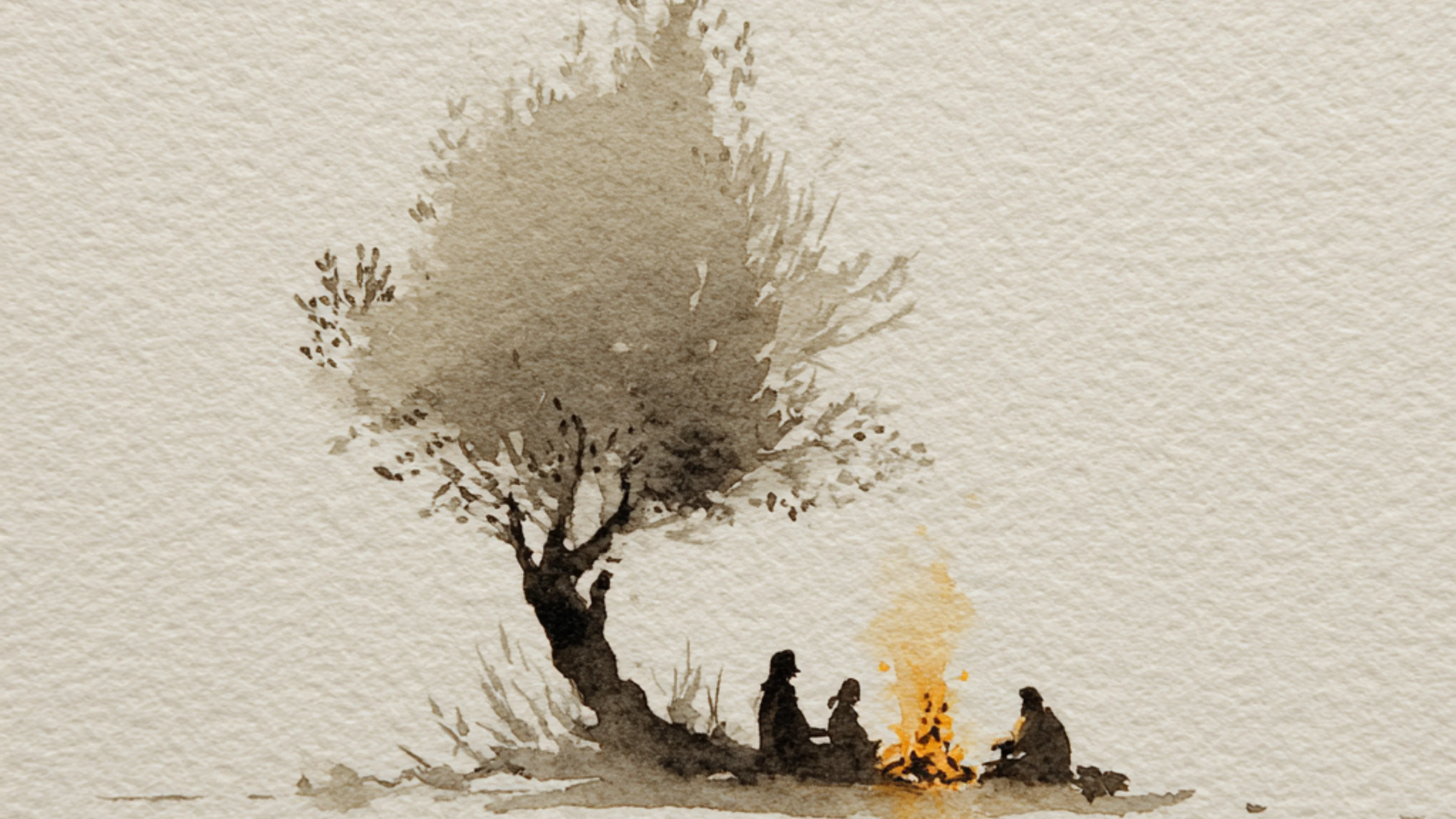

Storytelling
Because facts inform, but stories transform.
Humans don't think in data. We think in stories—the oldest technology ever created.
Before we had writing, algorithms, or code, we had campfires.
Around them, people shared who they were, what they feared, and what they dreamed of becoming.
Today, the fire has moved to our screens.
But the principle hasn't changed: whoever tells the story shapes how the world sees.
Why It Matters
Storytelling is about framing reality.
Governments use it to build nations. Corporations use it to build brands. Media uses it to build belief.
And yet, most of us have forgotten that we too are storytellers—narrating our lives, our relationships, and even our identities every day.
Without awareness, we inherit someone else's script.
With awareness, we can rewrite it.
That's why storytelling is not a "soft skill." It's a foundational human skill. It's how ideas travel through time and why cultures survive change.
The Power and Responsibility of Story
Stories move people more than logic ever could.
They can liberate or manipulate, inspire or deceive.
Understanding that power and using it wisely is what turns communication into art and leadership into legacy.
As Yuval Noah Harari reminds us, all human cooperation is built on shared fictions, from money to religion to law.
As Brené Brown teaches, vulnerability and truth-telling create connection stronger than any argument.
And as Neil Gaiman writes, "We owe it to each other to tell stories that make us feel less alone."
Yet storytelling is not one voice. It's a chorus of perspectives and sometimes, a clash of them.
The Clash of Narratives: Where Meaning Lives
Great storytellers have their own perspective on everything. That's what makes them timeless.
- Christopher Nolan weaves time and morality into visual paradoxes.
- Chimamanda Ngozi Adichie warns of "the danger of a single story."
- George Orwell exposes how language can be weaponized by power.
- Malcolm Gladwell shows how unseen patterns shape destiny.
- David Attenborough reminds us of our shared story with the planet itself.
Different truths. Different lenses.
But each reminds us that meaning is found in the dialogue between many.
What We Teach
At the Ministry of Meaning, we teach storytelling as perception.
It's the practice of seeing life through narrative and learning how to tell it with clarity, authenticity, and purpose.
We guide you to:
- Find your voice—rather than trying to be the loudest.
- Shape ideas that resonate across noise and complexity.
- Build stories that heal, unite, and inspire action.
We call this The Story That Heals—the kind of storytelling that doesn't just entertain, but elevates.
Our Invitation
Algorithms may automate language, but they can't feel the pulse of a story, the human heartbeat inside the words.
To tell stories consciously is to reclaim what it means to be human.
Join us in mastering one of the most powerful and timeless human skills of all: the art of storytelling.



